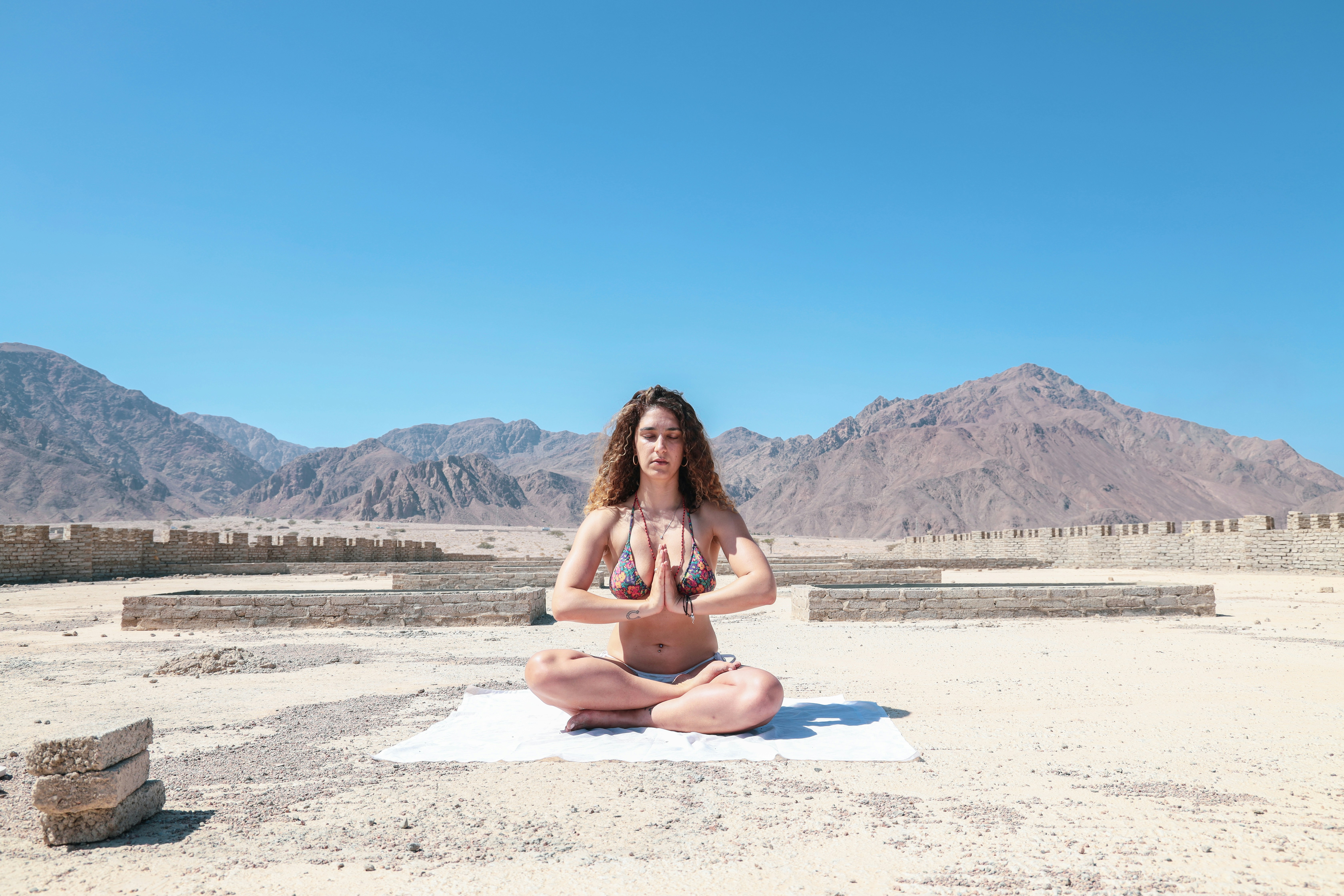
Meditation has become a cornerstone of wellness, with its benefits extending far beyond relaxation. It reduces stress, sharpens focus, and fosters a profound connection between mind and body. Yet, not all meditation practices are the same. Understanding the various types can help you find the one that aligns best with your goals and lifestyle. Whether you’re seeking spiritual growth, mental clarity, or emotional balance, there’s a meditation practice tailored to your needs. Let’s explore some of the most popular types of meditation and their unique benefits.
1. Mindfulness Meditation
Mindfulness meditation is one of the most widely practiced forms and has its roots in Buddhist teachings. It involves focusing on the present moment without judgment. Practitioners often concentrate on their breath, bodily sensations, or surrounding environment to anchor their attention. This practice is excellent for reducing stress and increasing self-awareness. With consistent practice, mindfulness meditation can help you manage negative thoughts and emotions, fostering a sense of calm in your daily life.
2. Transcendental Meditation (TM)
Transcendental Meditation is a technique that emphasizes the use of a mantra—a specific word or phrase repeated silently. Unlike mindfulness, which focuses on awareness, TM aims to transcend ordinary thought, leading to a state of restful alertness. Sessions typically last 15-20 minutes, twice a day. Studies suggest that TM can reduce anxiety, lower blood pressure, and improve overall well-being. Its simplicity and structure make it appealing to those seeking a consistent, easy-to-follow practice.
3. Loving-Kindness Meditation (Metta)
Loving-kindness meditation, also known as Metta, focuses on cultivating an attitude of love and compassion toward oneself and others. Practitioners silently repeat phrases like, “May I be happy,” and extend these wishes to loved ones, acquaintances, and even people they find challenging. This type of meditation can help improve relationships, enhance empathy, and reduce feelings of anger or resentment. Over time, it fosters a more positive outlook and greater emotional resilience.
4. Body Scan Meditation
Body scan meditation involves mentally scanning the body from head to toe, paying attention to areas of tension or discomfort. This practice enhances the mind-body connection and promotes deep relaxation. It is often used to manage chronic pain, improve sleep quality, and reduce stress. By cultivating awareness of physical sensations, body scan meditation can also help you identify and release pent-up emotions. It’s an excellent choice for those who want to combine mindfulness with physical well-being.
5. Zen Meditation (Zazen)
Zen meditation, or Zazen, is rooted in Zen Buddhism and emphasizes disciplined sitting and breath awareness. Practitioners usually sit in a specific posture, focusing on their breath while observing thoughts without attachment. Unlike other forms of meditation, Zazen often involves guidance from a teacher to refine the technique. It is ideal for those seeking spiritual growth and a deeper understanding of themselves. Over time, Zen meditation can help improve focus, clarity, and emotional balance.
6. Guided Meditation
Guided meditation involves listening to a narrator or teacher who provides step-by-step instructions. This can include visualizing peaceful scenes, focusing on affirmations, or practicing deep breathing. It’s particularly beneficial for beginners who may find silent meditation challenging. Guided meditation is versatile, addressing a range of goals, from stress reduction to improved sleep and self-confidence. With countless apps and online resources available, it’s easy to find a session that suits your needs.
Choosing the Right Meditation Practice
With so many types of meditation available, finding the one that resonates with you can feel overwhelming. Start by reflecting on your goals: Are you seeking stress relief, emotional healing, or spiritual growth? Experiment with different practices to discover what feels most natural and rewarding. Remember, consistency is key—commit to a regular schedule, even if it’s just a few minutes a day.
Meditation is a journey, not a destination. By exploring these diverse practices, you can uncover the transformative power of stillness and mindfulness in your life. Embrace the process, and you’ll find that the path to inner peace is as enriching as the destination itself.



